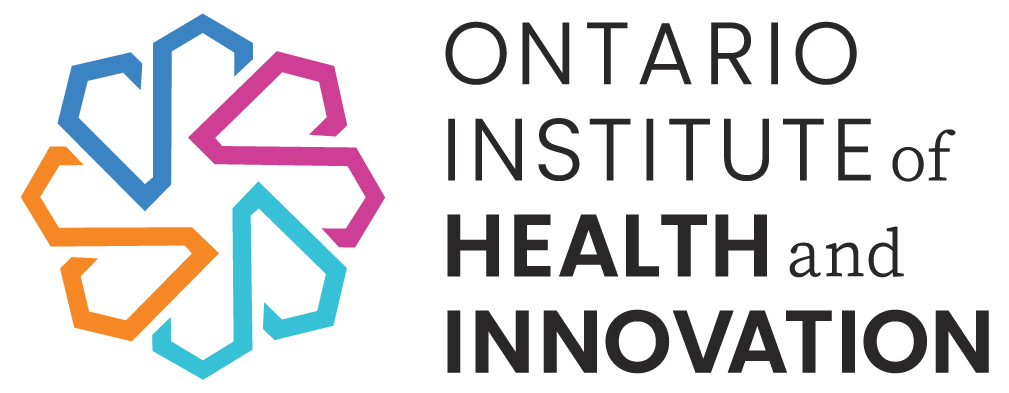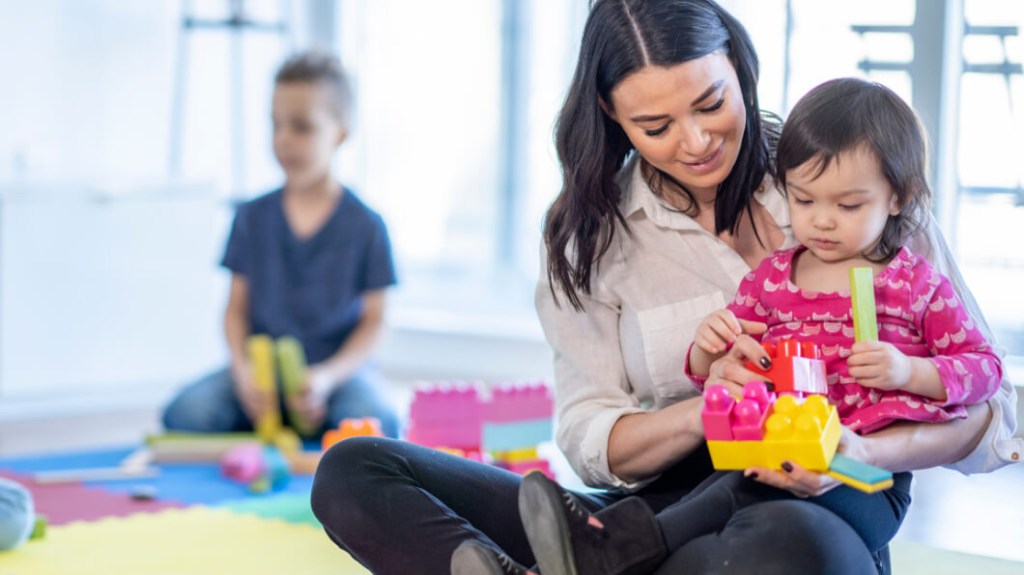With Canada’s growing demand for qualified childcare professionals, becoming an Early Childhood Assistant (ECA) has never been more rewarding—or more in demand. Whether you’re a prospective student exploring a career in early childhood education or an employer seeking compassionate, qualified talent, understanding the value of ECAs in our communities is essential.
At a recent Ontario Institute of Health and Innovation (OIHI) info session, ECA Program Lead Brigitte Lehmann and Career Developer Monica Rodriguez shared rich insights into what it takes to thrive as an ECA in Canada. Here are some key takeaways from the conversation:
What Is an Early Childhood Assistant (ECA)?
Early Childhood Assistants play a vital role in shaping young minds, creating positive learning environments, and supporting the holistic development of children. ECAs work in child care centres, preschools, private homes, and before-and-after school programs, often providing one-on-one support to children with special needs.
As Brigitte Lehmann noted, “Daycares are the most common route, but there’s increasing demand for in-home educators; families want more than just a babysitter. They want someone trained to educate and engage their children.”
Why Choose the ECA Program at OIHI?
OIHI’s ECA program is designed to set students up for success, both in the classroom and beyond. In just nine months, students gain practical training, hands-on experience, and essential certifications like First Aid and CPR.
The program includes an 8-week placement organized by OIHI’s career services team, helping students build connections that often lead directly to employment.
Key benefits include:
- Practical experience in real daycare settings
- Access to the ECA Lab (a model daycare classroom on campus)
- Resume-building support and job readiness coaching
- Opportunity to transition into an Early Childhood Educator (ECE) program
Career Paths and Advancement for ECAs
Graduates of the ECA program can pursue careers in:
- Child care centres and preschools
- Private home daycares
- Special education classrooms
- Parent and child programs
- Early intervention support
- Entrepreneurship (many ECAs go on to open their own licensed daycare facilities)
Top Skills That Make a Great ECA
According to Brigitte Lehmann, soft skills are just as critical as formal training. The most in-demand qualities include:
- Cultural sensitivity: Understanding and respecting diverse backgrounds and parenting styles.
- Resilience and patience: Working with young children requires adaptability and emotional strength.
- Creativity: Not just in crafts, but in problem-solving and classroom management.
- Communication: With both children and parents, clear communication is key.
- Teamwork: Collaborating with ECEs and support staff in a dynamic environment.
Real Impact: Changing Lives Through Education
One of the most touching moments from the info session came when Brigitte shared a story about a non-verbal student with autism who learned to communicate using picture cards. “He came up to me with two cards—one said ‘hug’ and the other said ‘teacher.’ He had never spoken a word, but that moment showed me that every child is capable of connection.”
Stories like this illustrate how ECAs don’t just support children; they transform lives, families, and communities.
Advice for Aspiring ECAs
“If you’re just starting out, my biggest advice is don’t give up,” Brigitte shared. “Yes, there are hard days. But there are also moments that will stay with you for life. Sample different daycare environments, find your fit, and trust the process.”
Are You Ready to Start Your Journey as an Early Childhood Assistant?
Whether you’re looking to start a career in early childhood education or you’re an employer searching for dedicated ECAs, the ECA program at OIHI is a launchpad for professional growth, community impact, and meaningful work.
Our next intake is coming soon.
Learn more about the program at https://www.oihi.ca/programs/early-childhood-assistant/ or contact admissions@oihi.ca to apply today.

